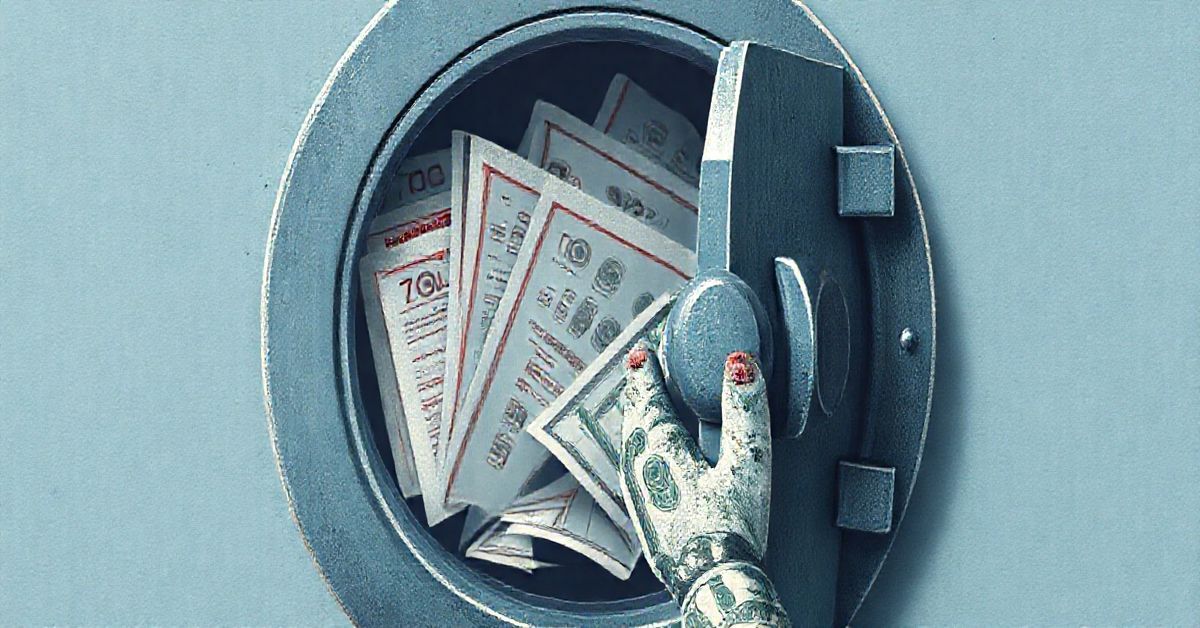Bank Levy Lien
What is a Bank Levy Lien and How Does it Work?
A bank levy lien is a legal order from a tax authority, such as the IRS or a state tax agency, to a bank or financial institution. The order directs the bank to freeze your funds and transfer them to the tax authority to satisfy an unpaid tax debt. It’s a way for the government to collect taxes you owe directly from your bank account.

